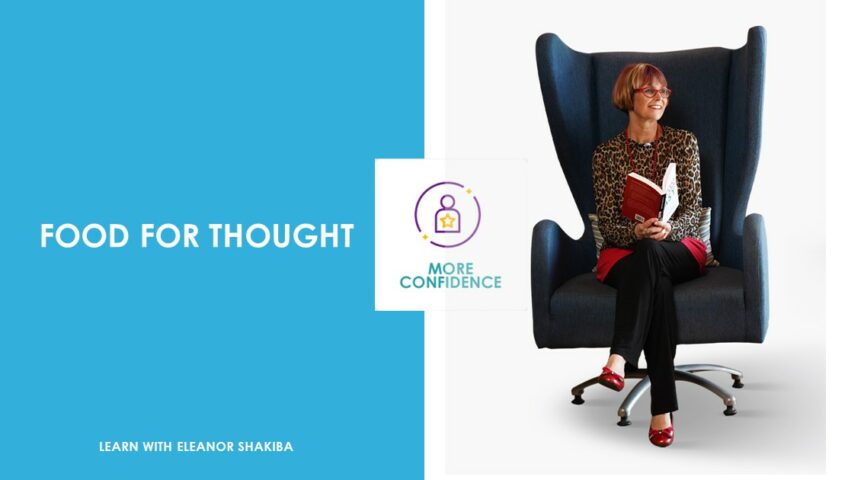Comfort eating. Stress snacking. Emotional overeating. No matter what you call it, chances are you know exactly what it feels like to eat because you feel stressed. But why does it happen? No, it’s not just a lack of willpower. Phew. It turns out stress really does make you want to eat more.
That’s because being stressed out messes with your brain’s natural fullness response. This makes it harder for you to know when you’ve had enough to eat. On top of that, stress also stimulates the areas of your brain responsible for cravings and rewards, creating a strong drive to seek out those foods.
But here’s the good news: researchers have found that mindfulness techniques can help counteract the negative effects of stress on our eating habits. For example, a recent study found that doing mindfulness meditation for just 15 minutes a day can reduce stress levels and decrease emotional eating.
Plus, a study done by the Garvan Institute has pinpointed the area of the brain responsible for weight gain during periods of high stress: the lateral habenula. Under normal conditions, the lateral habenula dampens your brain’s reward-seeking signals. In other words, it stops you from wanting to eat comfort food. However, when you’re stressed the lateral habenula remains inactive. So, you keep craving treats.
Free e-book and video tips.Get your copy today!
|
|
The researchers discovered that the molecule NPY, which the brain produces naturally in response to stress, impacts the function of the lateral habenula. When the researchers blocked NPY from activating the lateral habenula in stressed mice, the mice consumed less comfort food and put on less weight.
So, we’re getting closer to understanding the relationship between stress and overeating, and how to combat it. Mindfulness techniques and understanding the role of NPY in the brain are just a few steps towards finding healthier ways to cope with stress. Other strategies include regular exercise, getting enough sleep and seeking support from friends or professionals.
To find out more, read the original article here.
This article summary was created by Eleanor Shakiba
Eleanor is a leadership trainer, success coach and people skills expert. She helps managers and business owners build thriving teams and organisations, using tools from Positive Psychology. She's trained more than 60,000 people during her career as a corporate trainer and professional development consultant. Her mission is inspiring talented people to become leaders who make a difference.

